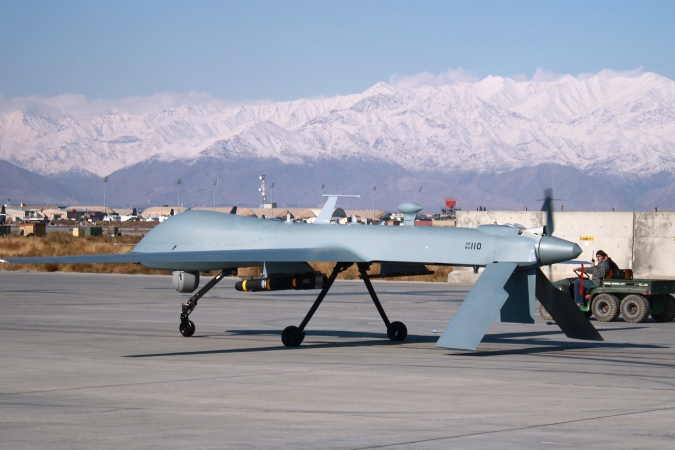|
|
Kamal Hyder
Kamal Hyder
Correspondent | Pakistan
Biography
Kamal Hyder, Al Jazeera's Pakistan correspondent, reports from across the country, regularly filing exclusive material from the troubled North West Frontier province, which has been the site of cross-border raids by US forces based in Afghanistan, and the scene of fighting between tribal factions and Pakistan security forces.
Kamal has also covered breaking news events in the country - from the first assassination attempt on Benazir Bhutto in Karachi and her later killing in Rawalpindi, to the ensuing political fall-out that led to Pervez Musharraf's resignation and the election of Bhutto's widower as president.
Latest posts by Kamal Hyder

Tags: Afghanistan, Ahmad Shah Masood, bin Laden, Burhanuddin Rabbani, Mullah Omar, Osama, Pakistan, Saudi Arabia, Saudi intelligence, Taliban
View comments
Read more...

Photo by AFP

Photo from AFP

Photo from AFP

Photo by Reuters

Photo by AFP

Photo by GALLO/GETTY

Photo by AFP

Photo from AFP

Photo by Getty Images

![Spotlight: Dorothy Parvaz [QODLink]](https://web.archive.org/web/20110514111125im_/http://english.aljazeera.net/mritems/Images/2011/5/13/201151311715827734_16.jpg)













 A few years back, Hakimullah just listened attentively as a back bencher, but years on and he is the new commander of the
A few years back, Hakimullah just listened attentively as a back bencher, but years on and he is the new commander of the
 From the air, Baluchistan looks like a desolate land. Some people have described this terrain as resembling the planet Mars, but on the ground its another story.
From the air, Baluchistan looks like a desolate land. Some people have described this terrain as resembling the planet Mars, but on the ground its another story.